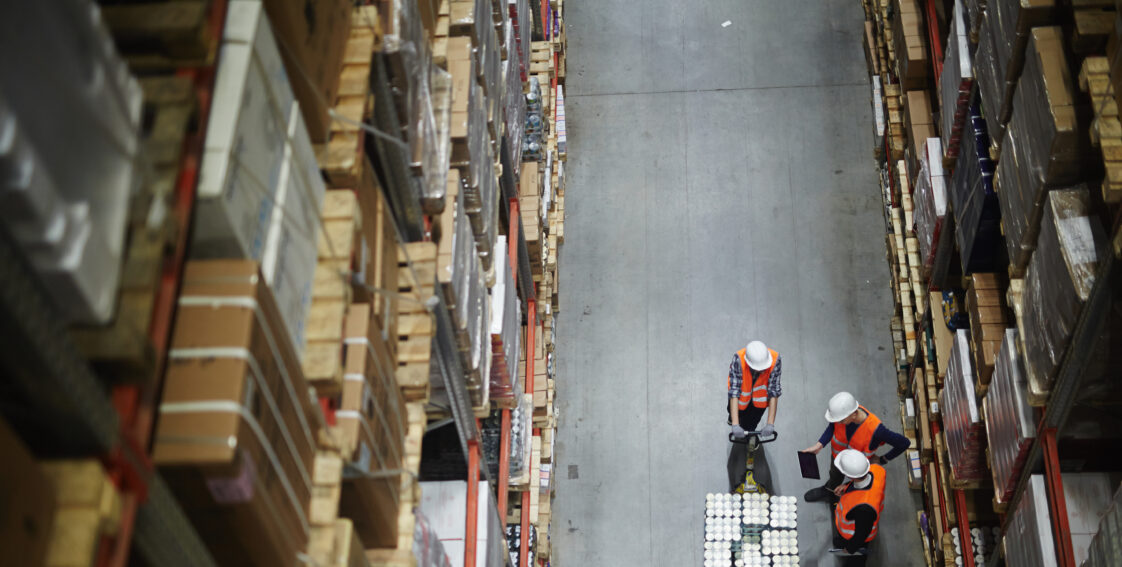
What Is Co-Packing?
Co-packing, or contract packing, is a product packaging business model where a manufacturer outsources the final packaging of the products or components they produce.
Contract packing allows a business to focus on improving and profiting from its core product lines while offloading the need to hire in-house workers. Many industries that require heavily engineered packaging, including military/defense, automotive, and aerospace, rely heavily on contract packing services.
What Is Included in Contract Packing?
Service offerings may vary from contract packer to contract packer. Generally, a co-packing service provider will offer:
- Packaging Design
- Packaging Construction
- Assembly
- Kitting
- Labeling
- Sorting
- Storage & Warehousing
- Inventory Management
- Contenting & Decontenting
- Preservation
A co-packer will also help businesses understand what type and form of material should be used for packaging, whether thermoformed clamshell trays or paperboard boxes.
Advantages
Contract packing is not simply a convenient service for business owners—it’s a crucial part of any business that seeks to manufacture and distribute products economically and efficiently. The main advantages of co-packing include:
- Offsets Costs Associated With Warehousing
- Allows More Time to Focus on Core Competencies & Product Improvements
- Reduces Overhead Costs
- Ensures Businesses Meet Holiday Deadlines
- Prevents Compliance Issues With Packaging
- Fewer Shipping Delays
Contract packaging also ensures you have the labor force and off-site floor space needed to assemble, package, and store your products. And, if you fulfill government contracts, the right co-packaging company can help you stay compliant with strict federal regulations. This single benefit can save a company thousands of dollars in potential fines and repackaging expenses.
How to Choose the Right Co-Packer
There are several primary factors to consider when selecting a co-packaging company:
- Capabilities: Your co-packing partner should be able to handle the type and capacity of your orders.
- Flexibility: A provider should also be flexible enough to handle simple, high-volume packaging or complex packaging processes.
- Location: A co-packer in your region will be more familiar with the supply chain.
- Experience & Reputation: Look at the company’s reviews and ask for references.
- Adaptability: A co-packer who has shown they can deliver under challenging circumstances or adapt to unique situations is the right co-packer to partner with.
- Certifications: Depending on your industry, a co-packer will need specific certifications and/or accreditations to keep your company compliant. These may include ISPM-15 if shipments require wooden crates or a SAM registration if handling packages from a government contractor.
Where to Find Contract Packing Services
Based in Michigan, Export Corporation offers complete contract packing services, including packaging design and engineering, assembly and kitting, and warehousing. We have over 70 years of industry experience, and we stand on our foundation of offering expert packing solutions to meet real-world problems. We’re also ISO 9001- and ISPM-15-certified and hold a SAM registration. We are also familiar with military packaging specs, including MIL-STD-2073, MIL-STD-129, and MIL-STD-130.
Contact us today to learn more about how we can help you or schedule a project consultation.
